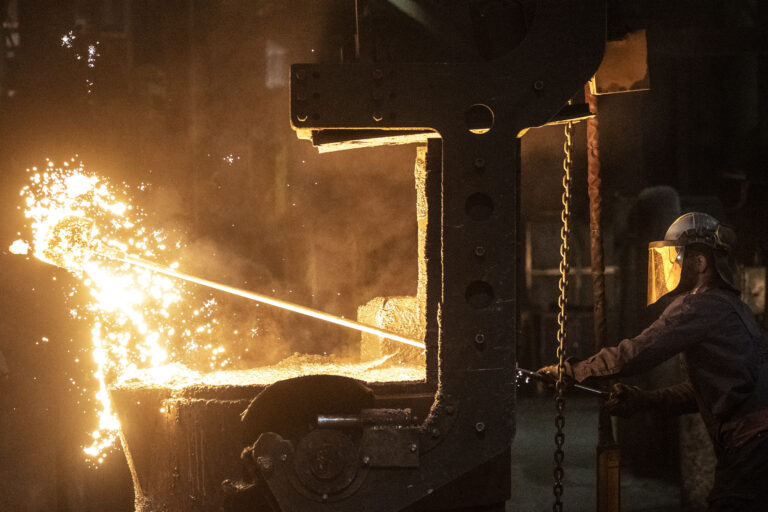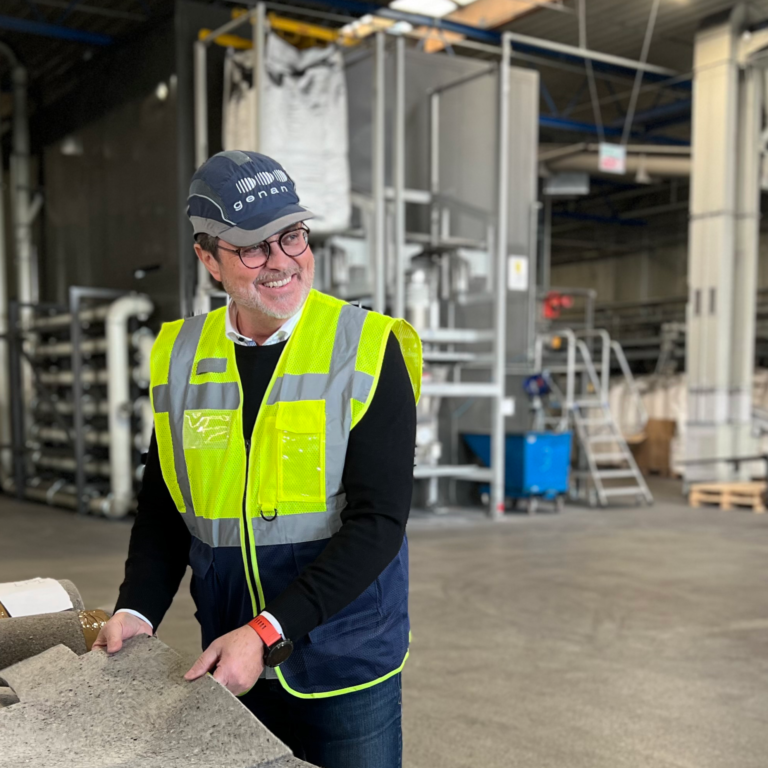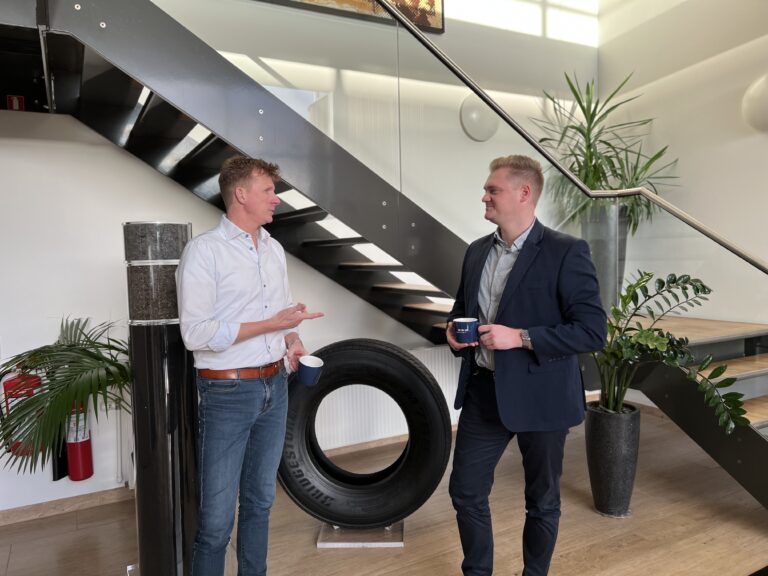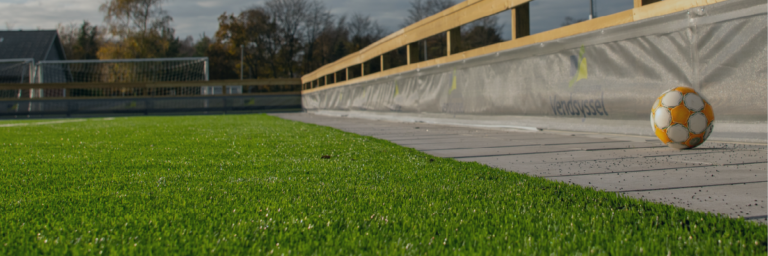To someone with a green heart, this may sound like a pipe dream, but in fact, “forever reusable products” are reality at the BIRN iron foundry in Holstebro in Denmark. Cast iron can be recycled over and over again. And you can even mix in another sustainable resource as well – namely steel from end-of-life tyres.
Read the case story here: Forever reusable products
Expanding the team for the second time this year already, Genan, welcomes Michael Christensen as new Application Development Manager as of 1 February 2023.
“As Application Development Manager at Genan, Michael Christensen will be taking on the role as link-builder between our Sales, Innovation and Marketing Teams – and he will be cooperating closely with both our Production and Quality departments. This function requires both experience and product knowledge, and Michael’s many years in the industry make him the ideal candidate for this task. With a lot of innovative projects in the pipeline, his in-depth understanding of both business and products will be essential for the future development of these activities,” says Group CCO Thomas Ballegaard.
Michael Christensen lives in Denmark and will primarily be working from his office at the plant in Viborg. With more than 40 years of experience in tyre and rubber recycling, Michael Christensen brings great knowhow and expertise to support the many teams within the Genan organisation.
“I am both proud and happy to be given the opportunity to be part of the team at Genan. I have followed Genan since the early 90s and know what Genan stands for. As recycling and sustainability as a part of the green agenda is a passion of mine, the job function as Application Development Manager at Genan fits perfectly,” says Michael Christensen with great enthusiasm.
Michael Christensen has spent the last 25 years of his career in the rubber industry, focusing on the recycling of – and the production of rubber granulate from – worn-out tyres across Europe. Through this work, he has built up a strong network in various industries. A network with key knowledge and insight when it comes to developing new applications for recycled rubber.
“My onboarding programme has been great, and I look forward to working with both colleagues and customers in innovation and application development. I hope that I can successfully support the whole Genan team across all the factories, contributing with my knowhow, my network contacts and my experience,” Michael Christensen rounds off.
Genan has expanded its sales team, hiring Key Account Manager Eduard Vogt from 1 January 2023.
“We have been looking for a Key Account Manager for Germany, Austria and Switzerland for a while, and it has been worth the wait. It was very important for us to find the right person to take care of our key accounts – and so we have. With insightful experience and an inquiring mind, Eduard Vogt is the perfect match for our team – and for our customers,” says Thomas Ballegaard, Group CCO.
Eduard Vogt lives in Germany and has years of experience within the automotive industry. Now, he has started a new chapter in his career, keen to nurture current as well as new customer relations, focusing on the needs and interests of Genan’s customers.
“I am extremely happy to have become part of the Genan family. As I am very passionate about building close customer relationships, it is a privilege for me to offer my services to Genan’s customers in Central Europe,” says Eduard Vogt and continues:
“After more than six years of sales experience in the automotive aftermarket, I hope I can create value and bring new business opportunities to Genan – making good use of the knowledge and the valuable network that I gained in the automotive industry.”
And as great relations bring great solutions, joining a company with a green agenda was a decisive parameter for the new Key Account Manager when choosing the next step on his career path.
“It is exciting to see that at Genan, sustainability is not just a buzzword but really at the heart of our business model and can be found in everything we do. We will make a difference in this world – one tyre at a time,” Eduard Vogt rounds off with a smile.
The EU Commission has now started the political debate about the use of rubber granulate in artificial turf pitches. During the process prior to the Commission recommendation, different committees under the European Chemicals Agency (ECHA) have been asked to provide their assessments, including the RAC (Risk Assessment Committee), recommending a total ban of the use of rubber granulate, with a 6-year phase-in period, and the SEAC (Committee for Socio-Economic Analysis), in addition to a ban proposing the alternative of installing Risk Management Measures (RMM) on pitches to avoid spreading to areas where such dispersal is unwelcomed. SEAC was of the opinion that if dispersal could be kept below 7 g/m2 (approx. 50 kg per 11-a-side pitch) annually, this could be an alternative prudently taking into consideration the many positive properties of the pitches – such as playability all year round, excellent playing properties and thus the positive effect on public health.
The most important and most efficient RMM are first and foremost barriers along the pitch perimeter as well as grates at exit areas where rubber granulate automatically falls off boots and clothing. These preventive measures can keep dispersal from pitches at a minimal level of only a few kilos a year. A European CEN recommendation has been drawn up for this purpose.
The EU Commission has now made their move with a proposal for a complete ban of the use of rubber granulate in artificial turf pitches – with a 6-year phase-in period. The matter will now be considered in the political system, involving both member states and the EU Parliament. Main stakeholders such as the football organisations – national organisations as well as Paneuropean UEFA – will consequently in coming months, perhaps years, provide their input. So will the recycling industry at both European level (EuRIC) and at national level as well as those working with circular economy for tyres in practice – like us here at Genan. This further process may result in adoption of the proposal as is, in rejection of the proposal or in adoption of an amended proposal. It is hard to predict how long this political process will take. But it will be a comprehensive process – in terms of both workload and time.
The position of Genan is clear. It would be absolutely stupid to inhibit a good sales market for recycled products, when existing technology could limit dispersal to an absolute minimum. Incineration instead of material recycling would be the solution for approx. 500,000 tonnes of tyres in the EU alone – a huge, retrograde step for circular economy. The possibility to install high-performance artificial turf pitches in for instance cities already short of space for sports, would dramatically deteriorate, and this would have consequences for both public health, crime prevention and physical well-being. For the departments of sports and culture of local authorities, finances would suffer, as alternative solutions are far more expensive although at the same time worse. And finally, with the emission of an extra 350,000 tonnes of CO2 annually in the EU alone, climate accounts would suffer as incineration in cement kilns – or export – would be the only options for the tyres which could no longer be recycled for use at artificial turf pitches in the EU.
UEFA estimates:
- that there are 42,000 artificial turf pitches in Europe
- that 30,000 of these pitches will be affected by this current proposal from the Commission
- that the average price for pitch reconstruction (converting the pitch to an alternative technology) would be around € 300,000
- that the proposal of the Commission would impose an extra cost of € 8.5 billion in round figures upon European football
In Denmark, it is estimated that there are 380 artificial turf pitches, approx. 300 of which have rubber granulate as infill material. Should the Commission proposal be adopted in its current form, it is likely that over time, this will cost Danish pitch owners between DKK 500 and 750 million – for pitch reconstruction alone. If instead the EU chooses risk management measures (RMM) as the solution to limit dispersal of rubber granulate – to areas where such dispersal is unwanted – to an absolution minimum, then the total cost to be defrayed by Danish pitch owners will probably amount to about DKK 50-100 million. Brand new, preliminary results from Teknologisk Institut (Danish Technological Institute), working on a test and development project for Silkeborg Municipality and the Danish Football Association (DBU) indicate that with simple means, the dispersal of rubber granulate can be reduced to a marginal level. Find the first – preliminary – results from the test and development project here.
Genan will keep you informed and updated in respect of the political process related to this initiative.
